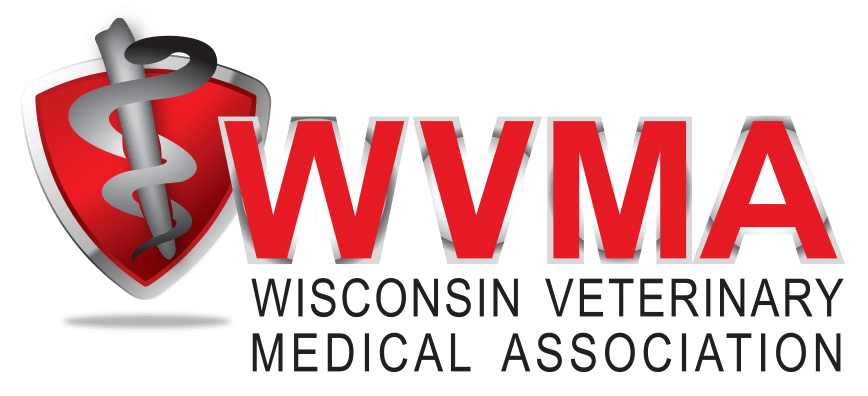By Dr. Gretchen May, Veterinary Program Manager, Wisconsin Department of Agriculture, Trade and Consumer Protection
A limited supply of free radio frequency identification (RFID) tags is available from the United States Department of Agriculture (USDA) to Wisconsin producers, markets and dealers, as well as to veterinarians for use in their clients’ animals. The free tags, available for a limited time, are intended for use in replacement cattle and bison only.
USDA and the Wisconsin Department of Agriculture, Trade and Consumer Protection (DATCP) continue to encourage the use of RFID tags as official identification. RFID tags result in better protection of the long-term health, marketability and economic viability of livestock. They also allow for better disease control management through faster information sharing.
Important points to remember:
• The free RFID tags can be ordered through DATCP’s veterinary supply catalog.
• Tags can be ordered in multiples of 100.
• Your premises identification number (PIN) is required to order tags. If you do not have a PIN or are not sure, go to the Wisconsin Livestock Identification Consortium website or call (888) 808-1910.
• The tags are available to veterinarians for clients’ animals only. Veterinarians who redistribute the tags by leaving them at the farm need to become an animal identification number (AIN) device manager. For more information, go to the USDA website and click on the image titled “How to Become an AIN Device Manager.”
• As with the metal National Uniform Eartagging System (NUES) tags, veterinarians are required to keep a record of where tags are used, including the date, farm name, address, PIN and tag number. For the free RFID tags, veterinarians are required to submit those records to DATCP by email to sharonm.haberkorn@wisconsin.gov or by mail to DATCP-DAH, P.O. Box 8911, Madison, WI 53708-8911.
• White button tags are available for producers, markets and dealers. White button tags and orange button tags (which can be used for identification when vaccinating against brucellosis) are available for veterinarians. Submitted brucellosis vaccination reports can serve as a record of tag application if it is clearly indicated on the reports that they also serve as a tag application record. Orange tags are not required for brucellosis vaccination as long as the animal is officially identified when vaccinating, however they can only be used for this purpose.
• Specific tags can be requested (Allflex, Datamars, Y-Tex). If no specific type of tag is requested or the requested type of tag is not available, orders will be filled with available tags.
• A limited supply of taggers is available at no charge for first-time orders of specific manufacturers’ tags. Taggers may also be purchased directly from the manufacturer or their distributor. It is recommended to use a tagger from the same manufacturer as the tags.
Currently, there is no timeline to officially transition to RFID tags. Although the use of RFID is encouraged, the metal official ID tags are still acceptable.
DATCP has low frequency readers available for veterinarians. To improve accuracy and efficiency in reading official identification, DATCP recommends that when using RFID tags, you also utilize the technology these tags offer. DATCP also encourages you to use RFID readers to read the tags, and to use electronic certificates of veterinary inspection (eCVIs) into which the data collected by the readers can be digitally incorporated. Systems are also available to incorporate the data collected by readers for brucellosis vaccination and TB testing into those regulatory documents.
For more information on low frequency RFID readers for veterinarians, click here.
